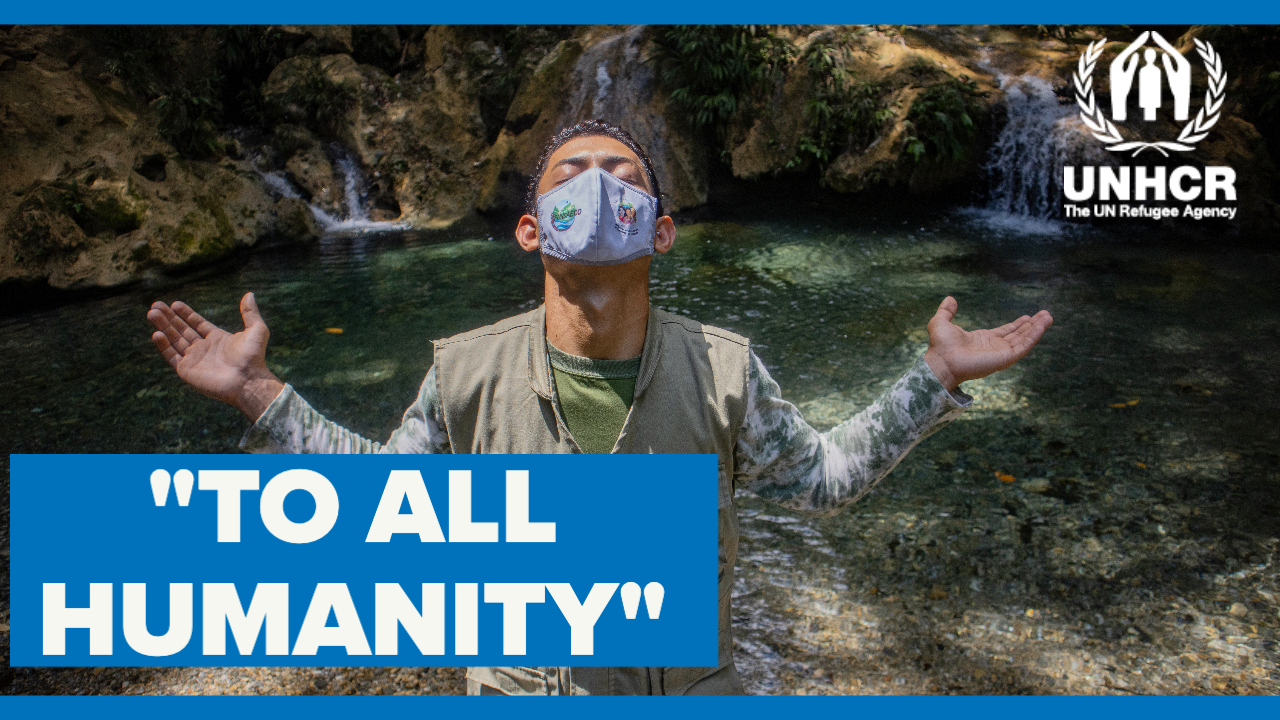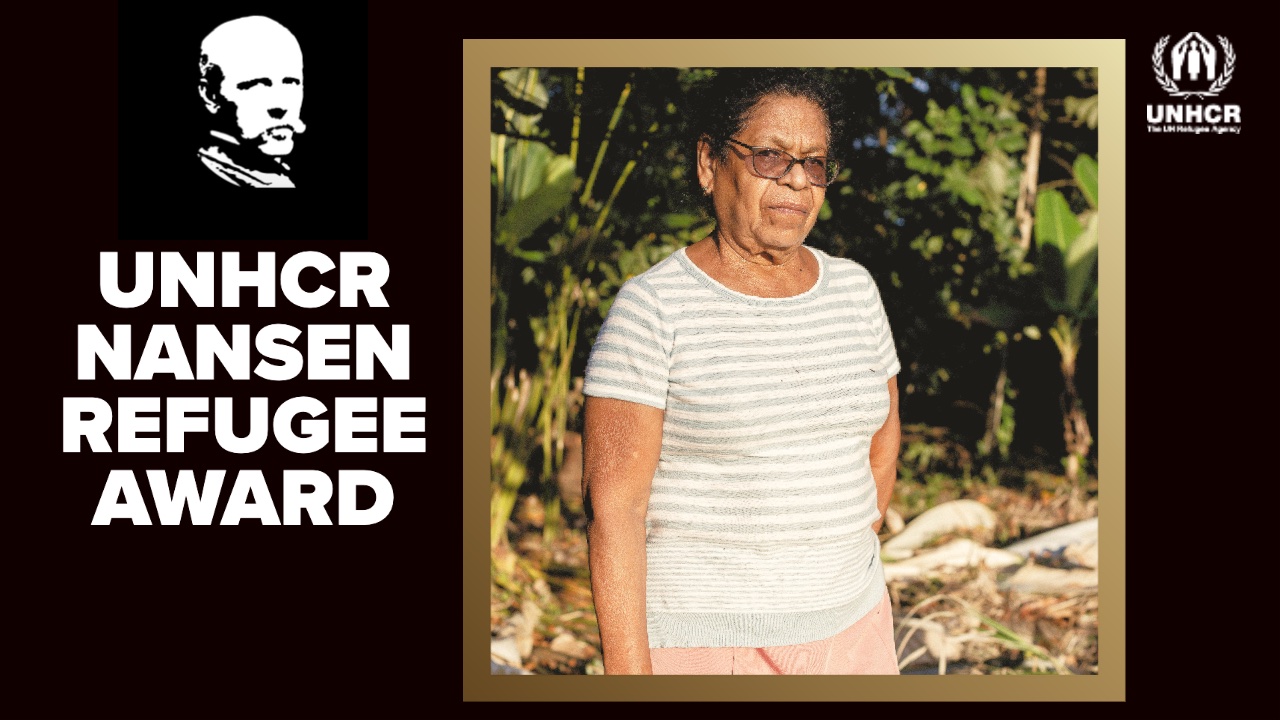Refugee participation seen as key to comprehensive response
Refugee participation seen as key to comprehensive response

GENEVA – For Iranian refugee Arash Bordbar and his family, the chance to start over in Australia means participating and giving back.
“My mum is opening a beauty salon and she’s going to hire others. My brother studies engineering,” he told a forum in Geneva.
“We are going to help grow the economy – we are creating jobs, we are bringing new ideas, new initiatives, and this is going to help the whole country. We are going to be part of the solution,” he added.
Bordbar is one of a record 574 participants from around the world attending the three-day gathering, which is held each year to discuss ways of collaborating on pressing issues of refugee and asylum-seeker protection.
"We are creating jobs, we are bringing new ideas, new initiatives, and this is going to help the whole country."
This year the talks, which wrapped up on Friday, took as their theme a “whole of society approach” that seeks to bring together UNHCR, governments, NGOs and the private sector and, crucially, the refugees themselves, to help them become self-reliant and contribute to their host communities.
“We must ensure that refugees are included not just as beneficiaries but as real actors,” UN High Commissioner Filippo Grandi told the gathering, at which he praised NGOs for their cooperation and called on them to ensure that refugee voices are heard.
The approach, called the Comprehensive Refugee Response Framework, or CRRF, emerged out of the New York Declaration (NYD) last September.
It seeks to strengthen partnerships between UNHCR, governments, NGOs, the private sector and international financial institutions, among others, with the aim of giving refugees themselves control over their lives.
Participants at the meeting concluded that giving refugees opportunities to use their talents and skills to make positive contributions to their host communities is key to its success.
“We have many examples from these three days of how to include refugees in shaping this response,” said Daniel Endres, UNHCR’s Director of Comprehensive Responses.
“We have many examples from these three days of how to include refugees in shaping this response.”
Aside from Bordbar and his family, success stories include the employment of refugee teachers and nurses in Uganda, which was one of the first of nine countries to adopt and roll out the CRRF so far.
Other themes raised at the talks included the role of hazards and climate in the success of durable solutions and how private sector engagement is a key component of a multi-stakeholder approach.
“We also need to reach out to the private sector,” said Grandi. “They bring not only resources, but also approaches from which we can learn, in terms of innovation and creation of employment, things that the private sector are expert on and we can adopt in our own work with refugees.”
Continued and enhanced collaboration with partners is crucial to UNHCR’s ability to protect and support refugees. Strengthening this will be even more critical as we deliver on comprehensive responses together. The organization funds 955 partners, including 605 national NGOs, 166 international NGOs, 158 governmental partners and 26 UN agencies.
In 2016, the agency channeled a total USD$1.44 billion to partners, representing 36 per cent of its annual expenditure.








